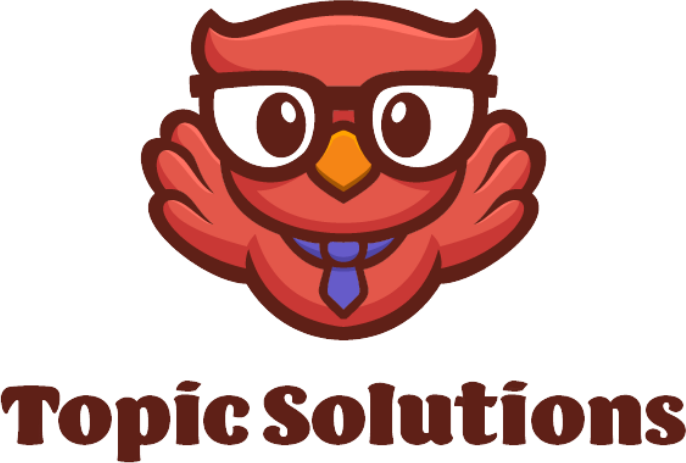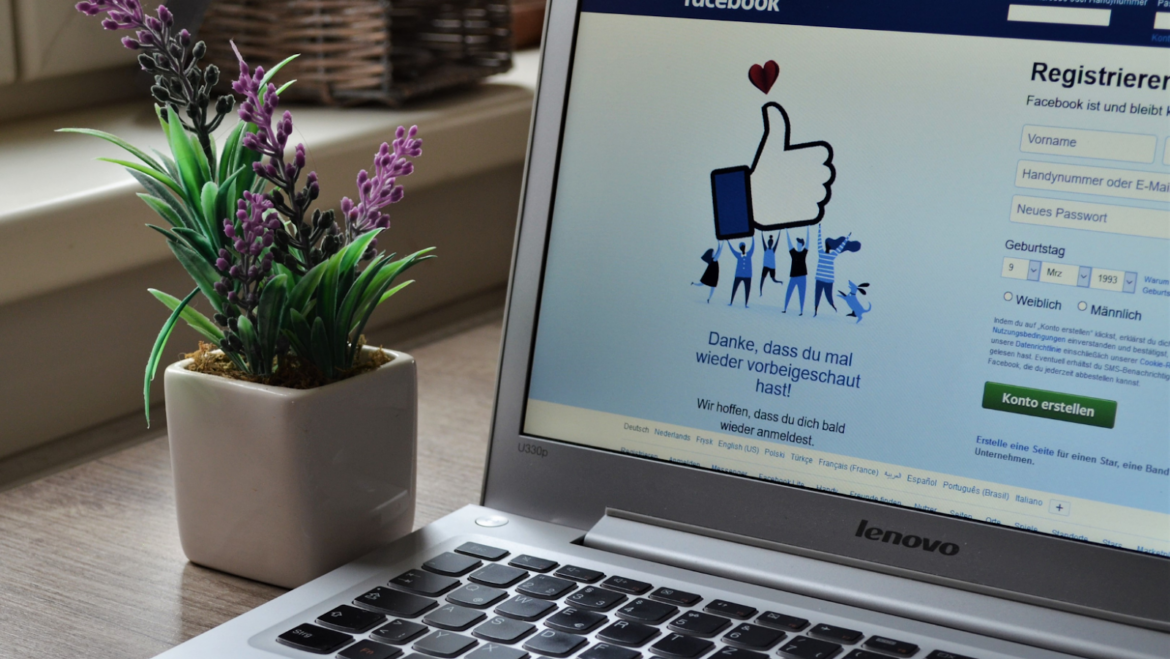Unpacking the Facebook Shutdown
It’s been a little over a week since Facebook pulled the plug on Parler, and we’re still trying to make sense of it all. On January 10th, Facebook removed Parler from its platform, effectively shutting down the social network. This came as a surprise to many people, myself included. I had always assumed that Facebook would be the last platform to ban Parler, given Mark Zuckerberg’s past statements about supporting free speech.
I was wrong. Since then, we’ve seen a lot of finger-pointing and blame-game playing, but not a lot of clarity. So in this post, I’m going to try to provide some clarity. I’ll explain what happened, why it happened, and what it means for the future of free speech online.
What happened?
The short version is that Facebook removed Parler from its platform because Parler was not doing enough to moderate content that violated its rules. Specifically, Facebook said that Parler had failed to remove posts that “incited violence.”
This is not the first time that Facebook has taken action against a platform for failing to moderate content. In 2018, Facebook removed Alex Jones and Infowars from its platform for similar reasons.
Why did it happen?
There are two main theories about why Facebook shut down Parler. The first theory is that Facebook was simply enforcing its rules. Facebook has always had a policy of removing content that incites violence, and Parler was not adequately moderating its platform.
The second theory is that Facebook was motivated by political reasons. Specifically, many people believe that Facebook shut down Parler because it is a conservative-friendly platform. This theory is based on the fact that Facebook has a history of censoring conservative content, and that Parler is one of the few remaining platforms that is friendly to conservatives.
On the political side, I think it’s clear that Facebook does not want to be seen as a platform that is friendly to conservatives. Given the current political climate, this is understandable. Facebook is a business, and businesses need to make money. If being seen as a conservative-friendly platform would adversely affect Facebook’s bottom line, then it makes sense for them to take action.
background
On April 4, 2019, Mark Zuckerberg announced that Facebook would be shutting down. This news came as a shock to many, as Facebook has been one of the most popular social media platforms for over a decade. While there are many reasons why Facebook may have decided to shut down, one theory is that the company is simply no longer profitable. In this article, we will unpack the Facebook shutdown and explore some of the possible reasons behind it.
How did Facebook become unprofitable?
There are a number of theories as to how Facebook became unprofitable. One theory is that the company simply spends too much money on overhead costs. Another theory is that Facebook’s user base has been declining in recent years. Whatever the reason, it’s clear that Facebook is no longer the cash cow it once was.
What does this mean for Facebook’s users?
The fact that Facebook is shutting down means that its users will no longer have access to the platform. This could have a number of implications, both good and bad. On the one hand, Facebook’s users will no longer be able to keep in touch with friends and family. On the other hand, Facebook’s users will no longer be subjected to the company’s data collection practices.
What does this mean for the future of social media?
The Facebook shutdown could have a ripple effect on the social media landscape. If Facebook is no longer profitable, it’s possible that other social media platforms will follow suit. This could lead to a consolidation of the social media market, with only a few large platforms remaining. Alternatively, it could lead to the rise of new and innovative social media platforms that are able to fill the void left by Facebook. Only time will tell.
Conclusion
The Facebook shutdown is a surprising development, and one that will have far-reaching implications. While it’s still unclear why exactly Facebook decided to shut down, it’s clear that the company is no longer profitable.




